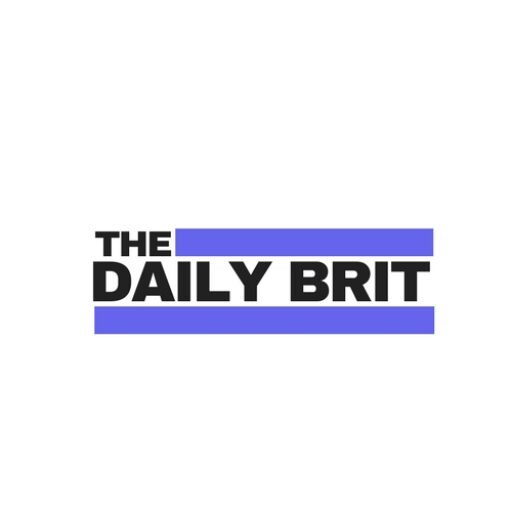The case remains for the Bank of England to start cutting rates

While the latest UK inflation data shows mixed signals, there remains a strong case for the Bank of England to commence cutting interest rates this summer, affirms the CEO of one of the world’s largest independent financial advisory and asset management organizations.
The comments from Nigel Green of deVere Group come as UK inflation came in hotter than expected with a drop to 2.3% in April, the Office for National Statistics said Wednesday, pushing traders to pull back from bets on a June interest rate cut.
The headline inflation rate decreased from 3.2% in March. The April figure marked the first time inflation has fallen below 3% since July 2021, bringing it close to the Bank of England’s 2% target.
However, economists surveyed by Reuters had anticipated a more significant drop to 2.1%.
The deVere CEO notes: “Governor Bailey and his team need to hold their nerve and be forward-thinking. This summer is the time for the central bank to act decisively and promptly.
“It mustn’t fail now, as it did by starting its action too late two years ago, with adherence to a restrictive monetary policy which is exacerbating the challenges faced by firms and households across the UK.”
Households stand to benefit significantly from a rate cut, as lower mortgage rates translate into reduced monthly payments, freeing up disposable income for consumption and savings.
“Additionally, lower borrowing costs make homeownership more accessible for aspiring buyers, thereby stimulating demand in the housing market.
“By easing financial burdens on households, a rate cut would bolster consumer confidence and spending, driving economic growth from the ground up.
“Investors, too, have much to gain from a shift in monetary policy towards accommodative measures.
“Lower interest rates tend to fuel demand for risk assets, such as equities, as investors seek higher returns in a low-yield environment.”
The current economic climate, characterised by uncertainties and the aftermath of prolonged high inflation, necessitates proactive measures.
Investors have already adjusted their expectations, with the probability of a June rate cut dropping to just 15%, and the likelihood of an August cut seen at 40%. This outlook reflects a recognition of the delicate balance the BoE must maintain.
“However, delaying rate cuts further could stymie economic momentum, leading to sluggish growth and potentially higher unemployment rates. By beginning to cut rates this summer, the BoE can pre-emptively counter these risks.”
Additionally, the global economic landscape is showing signs of recovery, with many advanced economies adjusting their monetary policies to support growth.
“The UK must not lag behind. Aligning with global trends ensures the competitiveness of the UK economy, attracting foreign investment and boosting export potential. A rate cut would signal the BoE’s commitment to supporting the domestic economy, encouraging confidence among businesses and consumers,” says Nigel Green.
The labour market, while tight, can benefit from an interest rate reduction too. “Lower borrowing costs would facilitate business expansion, leading to job creation and higher productivity. This, in turn, can mitigate inflationary wage pressures, as increased labor supply meets demand.”
He concludes: “We hope that the Bank of England officials will not be tempted to delay rate cuts any longer than June. But we expect that they will.




